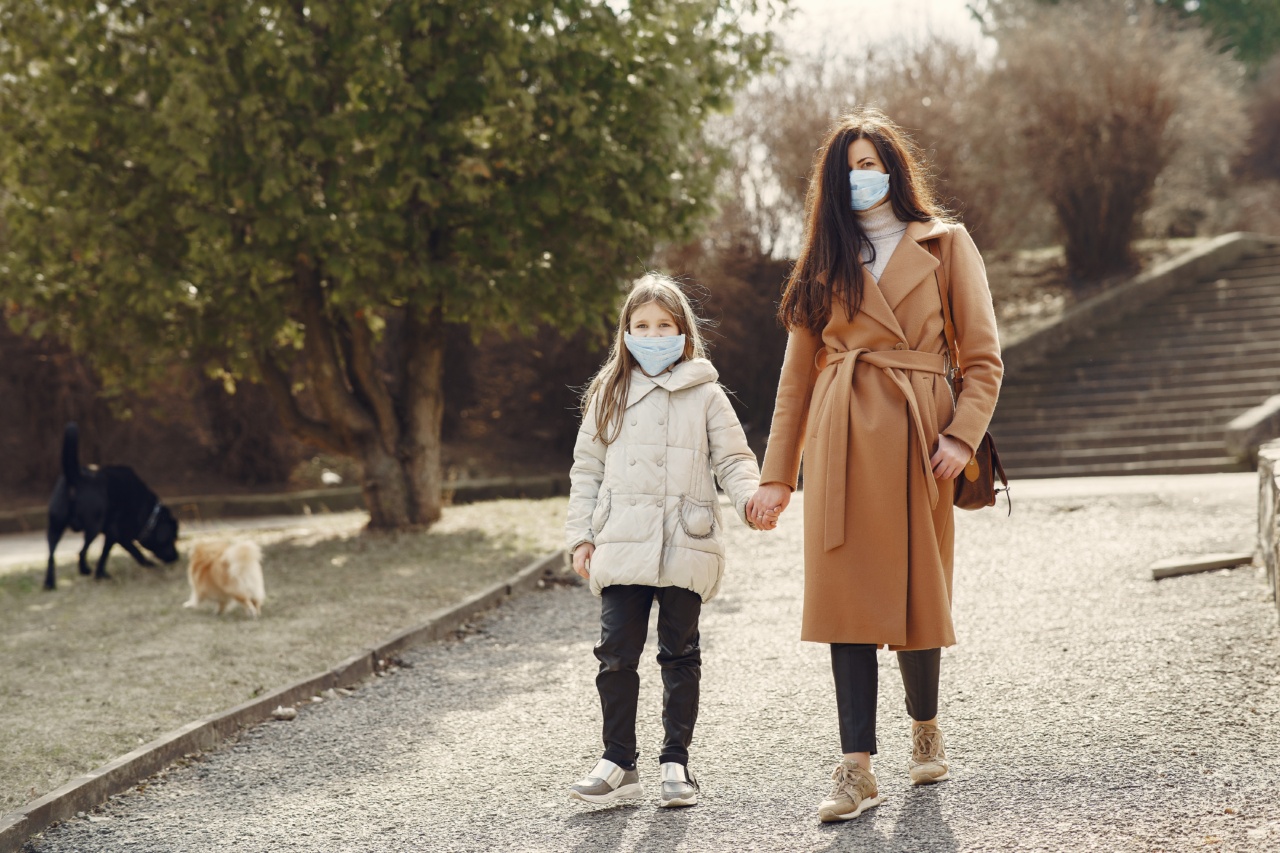One Month After Healing: Cough – Innocent or Guilty?.
Understanding Cough
Coughing is a common reflex action that helps clear the airways of mucus, irritants, and foreign substances. It is a natural defense mechanism of the body to keep the respiratory system healthy.
However, when a cough persists for an extended period, it can be a cause for concern.
The Innocent Cough
In some cases, a cough may be innocuous and may not indicate any serious underlying condition. Such a cough may arise due to mild irritations in the throat or airways. Common causes of innocent cough include:.
- Common cold or flu
- Allergies or sinusitis
- Post-nasal drip
- Exposure to irritants like smoke or dust
- Acid reflux
The Guilty Cough
While innocent coughs can be resolved with time and self-care, persistent or chronic coughs can be a sign of an underlying health issue.
It is important to identify the potential guilty causes behind such coughs in order to seek appropriate medical attention. Some of the possible guilty causes may include:.
- Asthma or chronic obstructive pulmonary disease (COPD)
- Pneumonia or bronchitis
- Tuberculosis
- Lung cancer
- Heart conditions
When to Seek Medical Help
It is essential to consult a healthcare professional if the cough persists for more than three weeks or is accompanied by alarming symptoms such as:.
- Blood in sputum
- Shortness of breath
- Chest pain
- Persistent fever
- Unintentional weight loss
Diagnosing the Cause
In order to determine the cause of a persistent cough, the healthcare provider might perform various diagnostic tests, including:.
- Chest X-ray
- Pulmonary function tests
- Sputum culture and analysis
- Bronchoscopy
- CT scan or MRI
- Echocardiogram
Treating the Guilty Cough
Treatment for chronic or severe cough depends on the underlying cause. Some treatment options might include:.
- Medications such as bronchodilators, cough suppressants, or antibiotics
- Inhalers or nebulizers for respiratory conditions
- Pulmonary rehabilitation for lung diseases
- Chemotherapy or radiation therapy for lung cancer
- Angiotensin-converting enzyme (ACE) inhibitors for coughs related to heart conditions
Preventing Cough
While not all coughs are preventable, certain measures can help minimize the risk of developing a cough or reduce its severity:.
- Practice good hand hygiene to prevent viral and bacterial infections
- Avoid exposure to cigarette smoke or other respiratory irritants
- Keep your living environment clean and dust-free
- Manage stress levels to support a healthy immune system
- Get vaccinated against respiratory infections like influenza and whooping cough
Conclusion
A cough can be innocent or guilty, depending on its duration, severity, and accompanying symptoms. While innocent coughs often resolve on their own or with basic self-care, persistent or chronic coughs should not be ignored.
Seeking medical attention is crucial to identify and address the underlying cause effectively. By understanding the potential guilty causes of a cough, one can take appropriate measures for prevention, early diagnosis, and timely treatment.
























